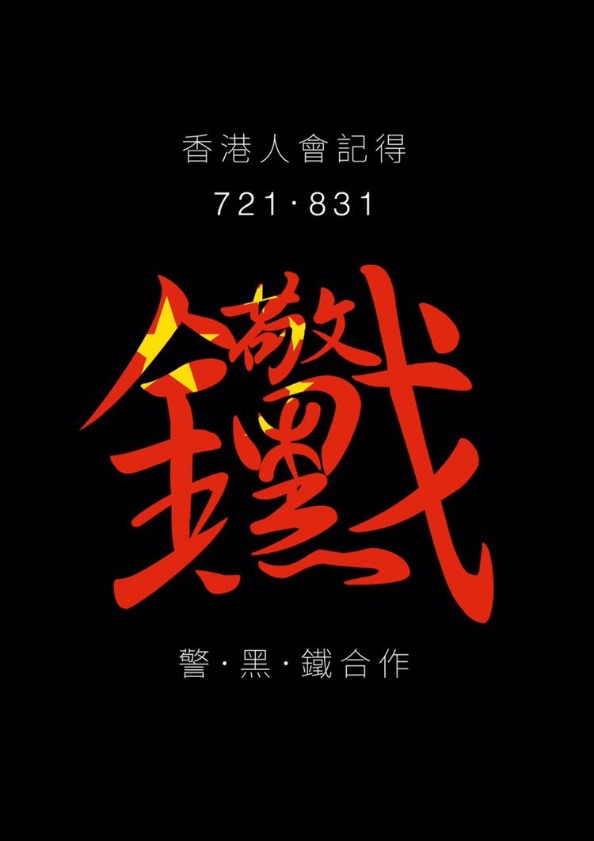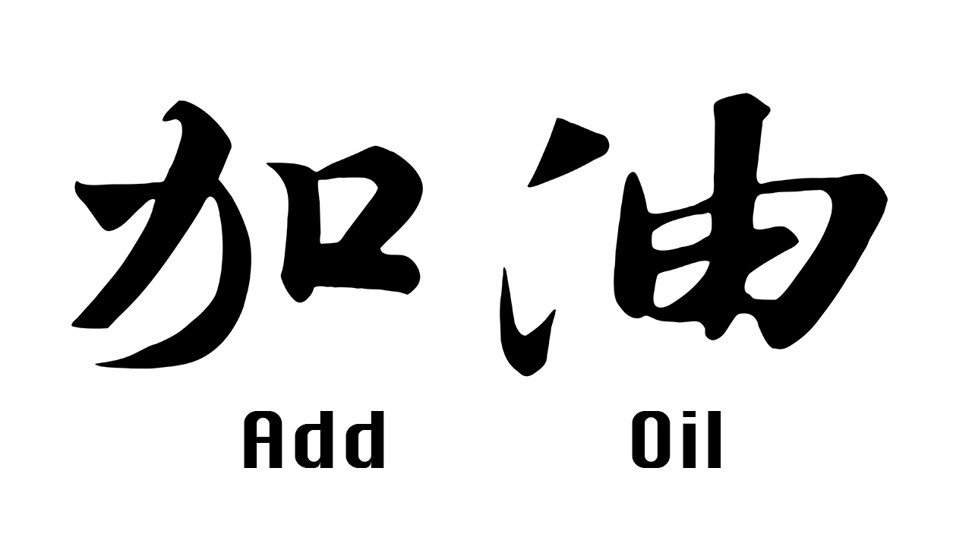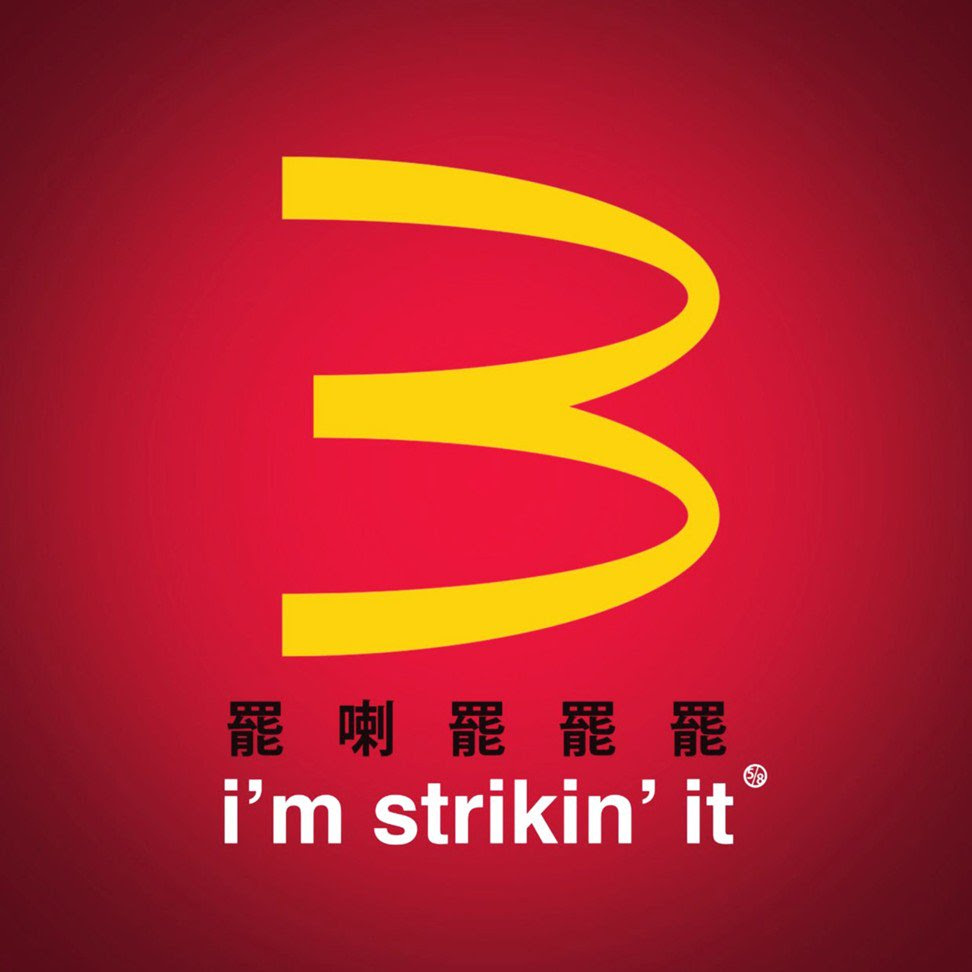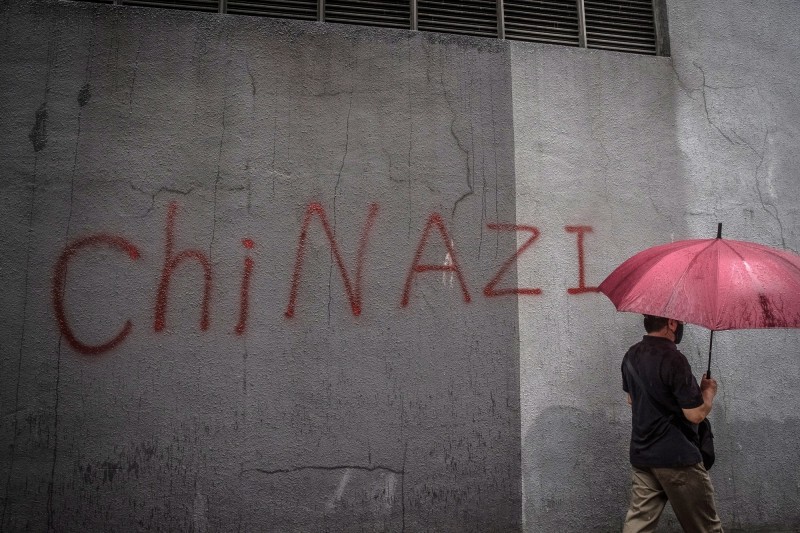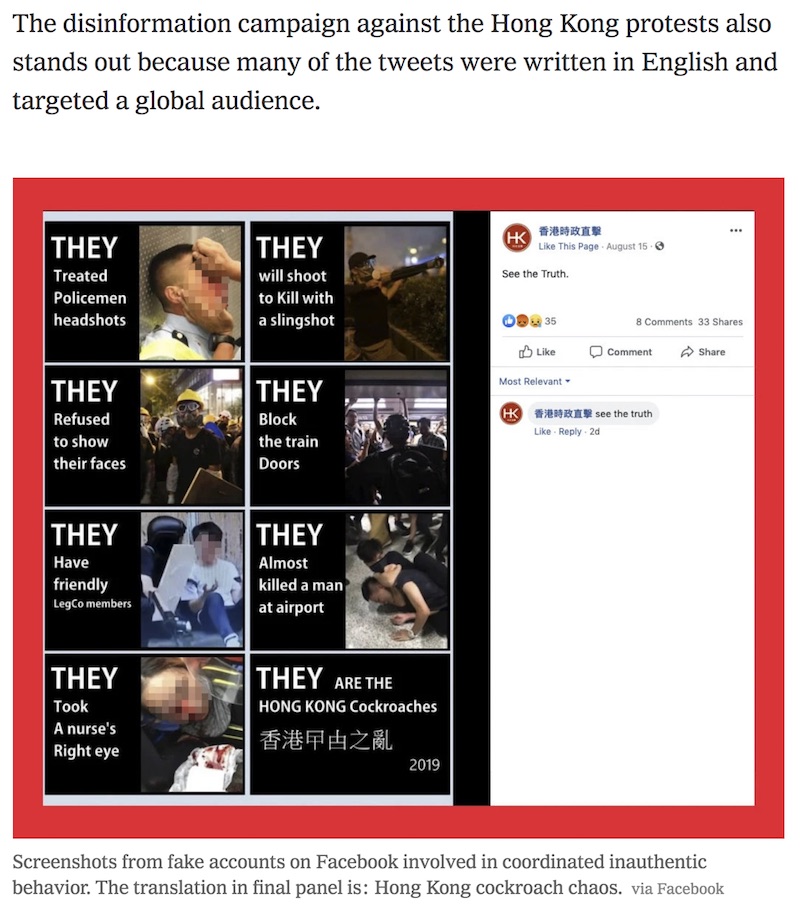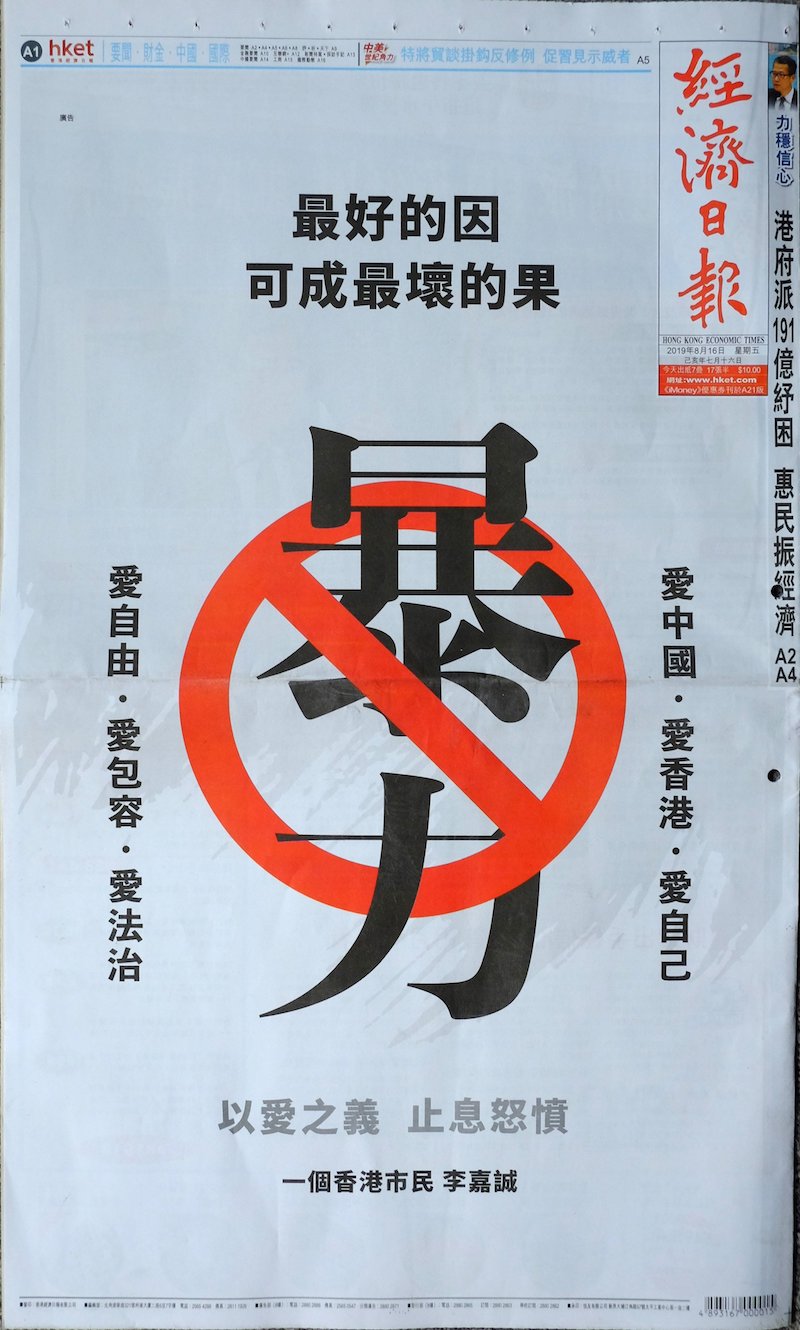Hong Kong protesters' argot
The whole world is transfixed by the gutsy rebellion of Hong Kong citizens against the militarily powerful PRC imposed government under which they live. Language — spoken, written, and gestural (see the "Readings" below for examples of all three types) — plays an important role in maintaining their solidarity and camaraderie and in emphasizing their identity as Cantonese citizens. Their common mother tongue of Cantonese already sets them off from Mandarin speakers from the north, but their development of a unique jargon further distinguishes them from Cantonese speakers who are not part of their movement:
"Hong Kong's Protestors Have Their Own Special Slang. Here's a Glossary of Some Common Terms", Hillary Leung, Time (9/6/19):
Although many would accuse the protesters of making light of violent unrest, the use of slang “keeps people sane,” argues Wee Lian Hee, a language professor at Hong Kong Baptist University. “If [protestors] talk formally all the time, I suspect the movement would soon become tiresome,” he tells TIME.
Read the rest of this entry »
